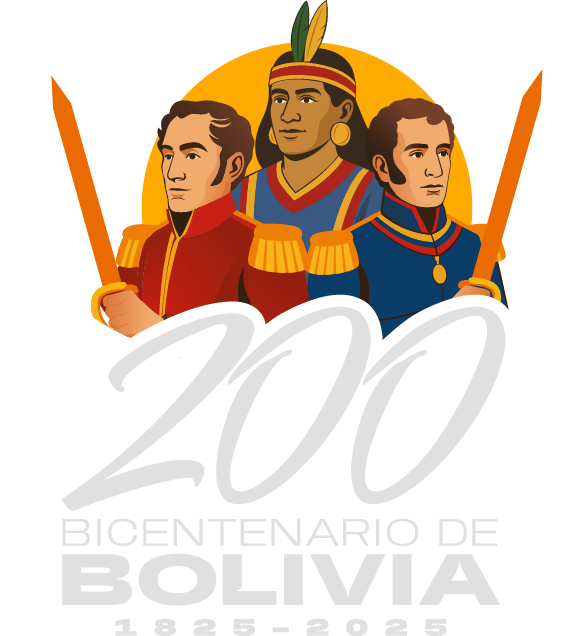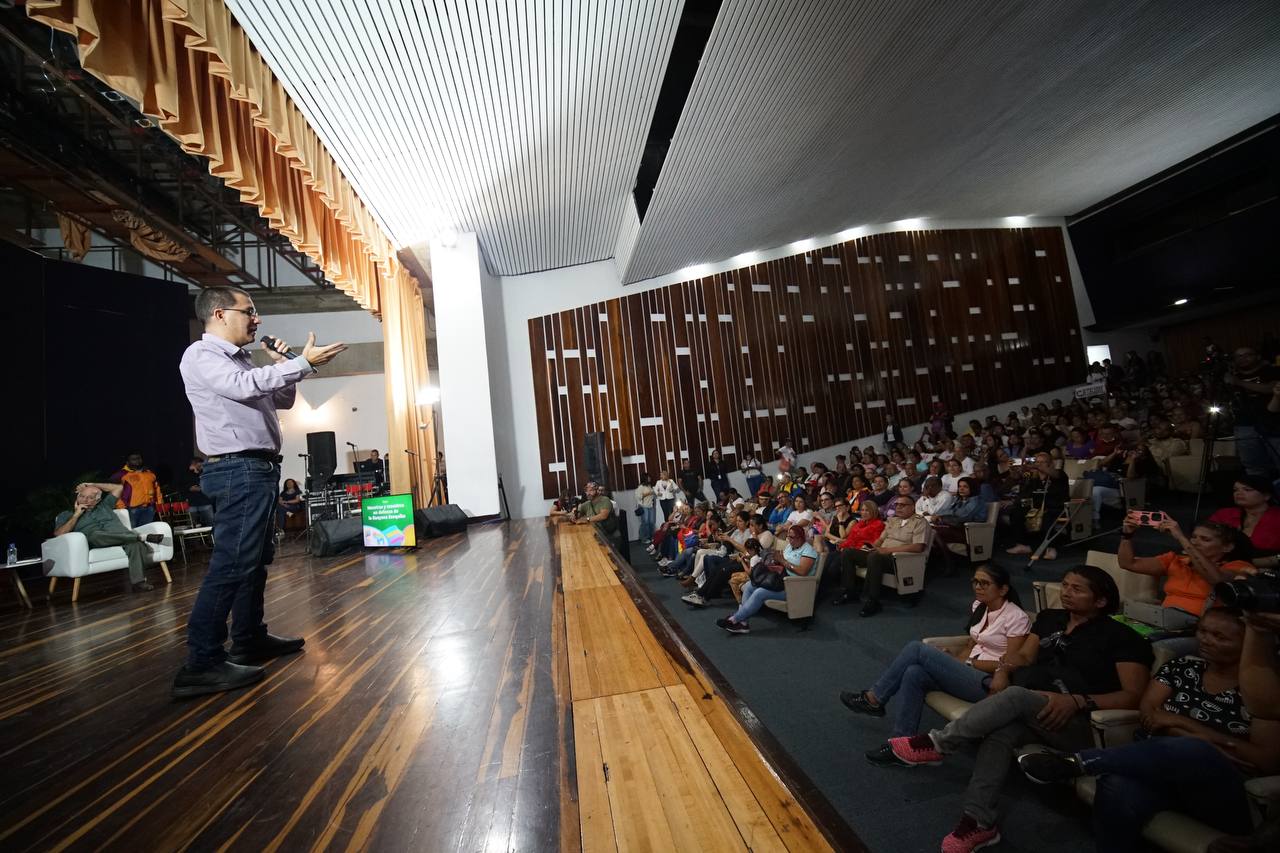Caracas, November 22, 2023 (Mincomunas Press) – This Wednesday, as part of the information and training campaign for all sectors of the Venezuelan society on the territorial controversy with Guyana, instructed by President Nicolas Maduro Moros, there was a Forum “Teachers in defense of the Essequibo,” at the “Andres Bello” Casa de las Letras (House of Letters), in Caracas.
The People’s Power Minister for the Communes and Social Movements, Jorge Arreaza, the Deputy to the National Assembly and Rector of the International University of Communications (Uicom), Tania Diaz, and Professor Nestor Rivero Perez were in charge of the presentations.
Minister Arreaza began by encouraging teachers to make a greater effort in the contents, in the texts they teach in schools and high schools on the border dispute, and the historical truth of Venezuelan sovereignty over that territory. “It is a structural problem that we have to insist on the way we chose in 1966 (Geneva Agreement), which was negotiation, dialogue, and rapprochement”, he pointed out.
He assured that the whole historical process proves Venezuela right, and that neither Great Britain nor Guyana today can show in a court of law any title of ownership of those 159,542 square kilometers of the Essequibo” because it has always been and will always be ours.”
Arreaza, an expert on the subject in his capacity as former Foreign Minister of the republic, explained that “when we were born as a geographic body, even without maps, without any specificity, the territory of Esequibo always belonged to what was called the province of Venezuela; after the creation of the Captaincy General in 1777, its limit to the east, to the east, was the Essequibo River, that is the reason why when we were born as a republic, after the political transformation of 1810, the declaration of independence of 1811, the signing of the Constitution of 1811, we were born with the territory of what was the Captaincy General (…) to avoid frictions between the provinces, we were born with the territory of what was the Captaincy General (…) to avoid frictions between the nascent republics”.
The head of the Communes made a chronological tour through the events that have marked the controversy: In 1899, the Arbitration Award in which there was not a single Venezuelan, but two Americans, two British and a Russian, whose governments agreed, negotiated and committed a procedural fraud, which was confessed years later in the Mallet-Prevost Memorandum.
He indicated that Venezuela filed a protest before the United Nations in 1962 and, on February 17, 1966, signed the Geneva Agreement with the United Kingdom, recognizing that the Arbitral Award had reasonable doubts about its validity; then, the British granted independence to what was British Guiana and the Cooperative Republic of Guyana was born; the UN Secretary-General appointed Good Officials, who did not reach a practical and mutually satisfactory settlement for the parties.
Geneva Agreement
The Minister affirmed that “it was with Commander Hugo Chávez when we were closer to a real negotiation,” but then Guyanese President David Granger (2015-2020) stepped out of the Geneva Agreement framework in 2015; Secretary-General Ban Ki-moon set a one-year term to negotiate a solution and his successor, Antonio Guterres, unilaterally recommended sending the case to the International Court of Justice (ICJ), to which Venezuela does not recognize jurisdiction.
“The Geneva Agreement is the only valid instrument, and we were on that path until Exxon Mobil and the Government of Guyana got involved in the search for oil in Venezuelan waters and un-demarcated waters, and broke the dialogue of the Geneva Agreement and unilaterally went to a judicial settlement that we do not recognize and what do we have to do? Sit down again with Guyana”, reiterated Arreaza.
Deputy Tania Diaz highlighted that the issue that summons Venezuelans to the consultative referendum on December 3 for the defense of the Essequibo “certainly has a historical origin, but it is not an issue of the past. It is very much in force now, and we must see it as an issue of the future. Nor is it a controversy between Guyana and Venezuela. The issue was taken out of its natural scenario in 2015 when Exxon Mobil discovered an important oil field in that area. The Government of Guyana started provocations ever since and disregarded the Geneva Agreement. They took out the Arbitral Award to offer oil concessions in the contiguous maritime area that is not delimited. It is a sovereignty issue”.
Professor Nestor Rivero Perez once again reviewed historical aspects of the controversy and asserted that the peaceful means contemplated in Article 33 of the United Nations Charter, to which the Geneva Agreement alludes, were not exhausted.
“We must accentuate the effort for the referendum to be an expression of a decision of the country, of the nation, of the whole Venezuelan society, claiming a right, a title that comes from much further back than the declaration of our independence, let us prepare ourselves to make an effort of public opinion towards the world, which is the main meaning of the referendum, to show the international community that Venezuela is united in its different strata, segments, cultures, manifestations, political sympathies, around the defense of a debt we have with our heroes, with those who gave us our independence. We have a great historical commitment to fulfill this December 3”, highlighted the teacher.



